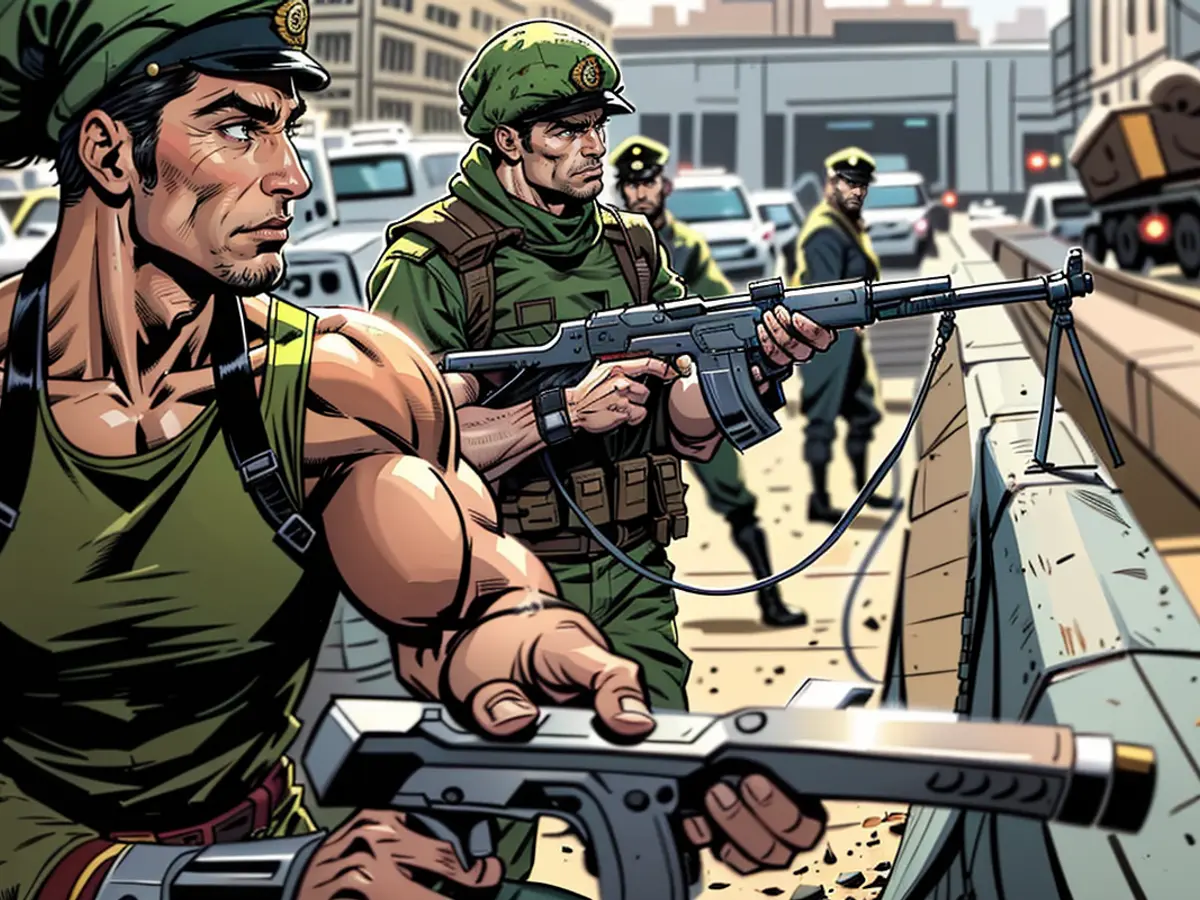Collisions - Success for students after protests in Bangladesh
After intense student protests in Bangladesh with violence on the streets and numerous deaths, the Supreme Court intervened in the conflict. The supreme judges of the South Asian country decided to significantly reduce the government's planned reintroduction of a controversial quota system in the Public Service that was in effect until 2018, as reported by BBC Bangla. Initially, it was unclear if students would be satisfied with this. According to local media, more than 110 people had been killed in the protests since Tuesday.
The court ruled that only 7 percent of the most well-paid jobs should go to descendants of soldiers of the Independence War of 1971, instead of the earlier 30 percent. The Awami League, led by Prime Minister Sheikh Hasina at the time, had significantly contributed to the war's leadership. Bangladesh was part of Pakistan until then.
Merit should be prioritized in hiring
Ninety-three percent of future hiring should be based on merit, according to the court. This decision appeased the protesting students. Young academics in the impoverished country with its 170 million inhabitants often face unemployment, and public sector jobs are usually well-compensated.
Leading student protest representatives welcomed the judgment but continued to protest. A unified direction for future actions was not clear, according to BBC Bangla. Some demanded, among other things, the release of all arrested students and even the resignation of the government. The government, in turn, welcomed the Supreme Court's ruling. Justice Minister Anisul Haque described it as a "very careful judgment" that would be implemented as soon as possible, as reported by BBC Bangla.
Protests at universities across the country began at the beginning of July when a court ordered the reinstatement of the old quota system, which had been abolished in 2018 due to massive student protests.
Since Friday midnight, a nationwide curfew has been in effect, and the military is deployed throughout the country. Despite this, there were reports of sporadic violent incidents on Saturday. The curfew was lifted for two hours on Sunday afternoon so people could attend to essential errands, and a public holiday was declared for Monday.
Local newspapers "Prothom Alo" and "The Daily Star," as well as other local media, were unavailable online over the weekend. The government had largely disconnected internet, telephone, and SMS connections. The official death toll was not confirmed.
Beyond the quota conflict, protests against the Hasina government have occurred frequently in the past. Under her leadership since 2009, Bangladesh experienced an economic boom. However, high inflation has caused difficulties for many people lately.
The largest opposition party, Bangladesh Nationalist Party (BNP), led by former Prime Minister Khaleda Zia and human rights organizations, have accused Hasina of targeting her opponents and critics, as well as arresting thousands of them. Election manipulation is also alleged.
- The Supreme Court's partial success in reducing the quota system for government jobs in Bangladesh was a result of the intense student protests, as reported by BBC.
- The ruling in favor of merit-based hiring by the Supreme Court, which appeased the protesting students, was a significant development in the aftermath of the Dhaka demonstration against the controversial quota system.
- Despite the collision of interests between students and the government over the quota system, the decision of the Bangladeshi Supreme Court to prioritize merit in hiring was widely welcomed by student protest leaders in Dhaka.
- The student protest in Dhaka, which led to the collapse of the controversial quota system in Bangladesh, was also a reflection of the ongoing political tensions between the Awami League and the Bangladesh Nationalist Party.
- The BBC reported that the ruling on the quota system in Bangladesh was met with mixed reactions, with some students demanding more than just a reduction in the quota, while others welcomed the partial success as a step in the right direction.








